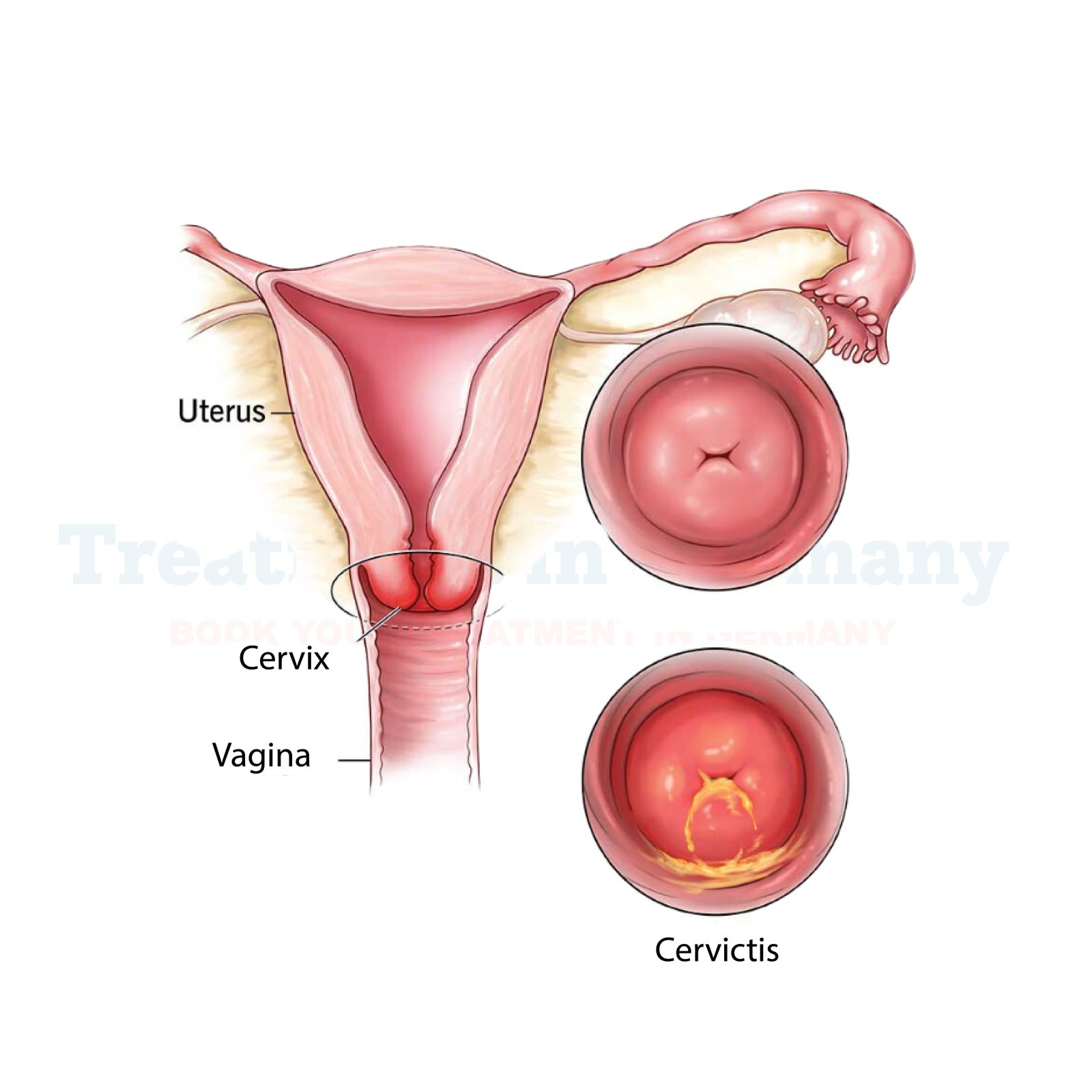What is Cervicitis?
Cervicitis is a condition characterized by inflammation of the cervix, which is the lower part of the uterus that connects to the vagina. It can be caused by various factors including infections, irritants, or other underlying health conditions. While cervicitis can occur in women of any age, it is more common among those who are sexually active.
Side Effects of Cervicitis
The symptoms of cervicitis can vary from person to person, and some individuals may not experience any noticeable symptoms at all. However, common signs of cervicitis may include:
- Abnormal Vaginal Discharge: Women with cervicitis may notice an unusual discharge from the vagina, which can range in color from clear to yellowish or greenish.
- Pain or Discomfort: Some women may experience pain or discomfort during sexual intercourse or urination.
- Bleeding: Cervicitis can cause abnormal bleeding, particularly after sexual intercourse or between menstrual periods.
- Pelvic Pain: In some cases, women with cervicitis may experience pelvic pain or pressure.
How is Cervicitis Diagnosed?
Diagnosing cervicitis typically involves a thorough medical history review, physical examination, and various tests. During the examination, your healthcare provider may perform a pelvic exam to check for signs of inflammation or infection in the cervix.
Additionally, they may collect samples of vaginal discharge or cells from the cervix for laboratory testing, including:
- Pap Smear: A Pap smear, also known as Pap test, is a screening procedure used to detect abnormal changes in the cells of the cervix, which may indicate cervicitis or other cervical conditions.
- Cervical Culture: This test involves collecting a sample of cervical cells or discharge to identify the specific infectious agents responsible for cervicitis, such as bacteria, viruses, or fungi.
Potential Treatments of Cervicitis
The treatment approach for cervicitis depends on the underlying cause and severity of the condition. Common treatment options may include:
- Antibiotics: If cervicitis is caused by a bacterial infection, such as chlamydia or gonorrhea, your healthcare provider may prescribe antibiotics to clear the infection. It's essential to complete the full course of antibiotics as prescribed, even if symptoms improve before finishing the medication.
- Antiviral Medications: In cases where cervicitis is caused by a viral infection, such as herpes simplex virus (HSV), antiviral medications may be prescribed to manage symptoms and reduce the frequency of outbreaks.
- Anti-inflammatory Medications: To reduce inflammation and relieve discomfort associated with cervicitis, your healthcare provider may recommend over-the-counter pain relievers or prescribe anti-inflammatory medications.
- Avoiding Irritants: It's important to avoid using irritants such as scented soaps, douches, or spermicides, which can exacerbate inflammation and discomfort in the cervix.
👉 Contact us for further information and receive acomplimentary consultation.


.webp)
 (1).webp)

.webp)
 (1).webp)


.webp)
 (1).webp)

.webp)
 (1).webp)
